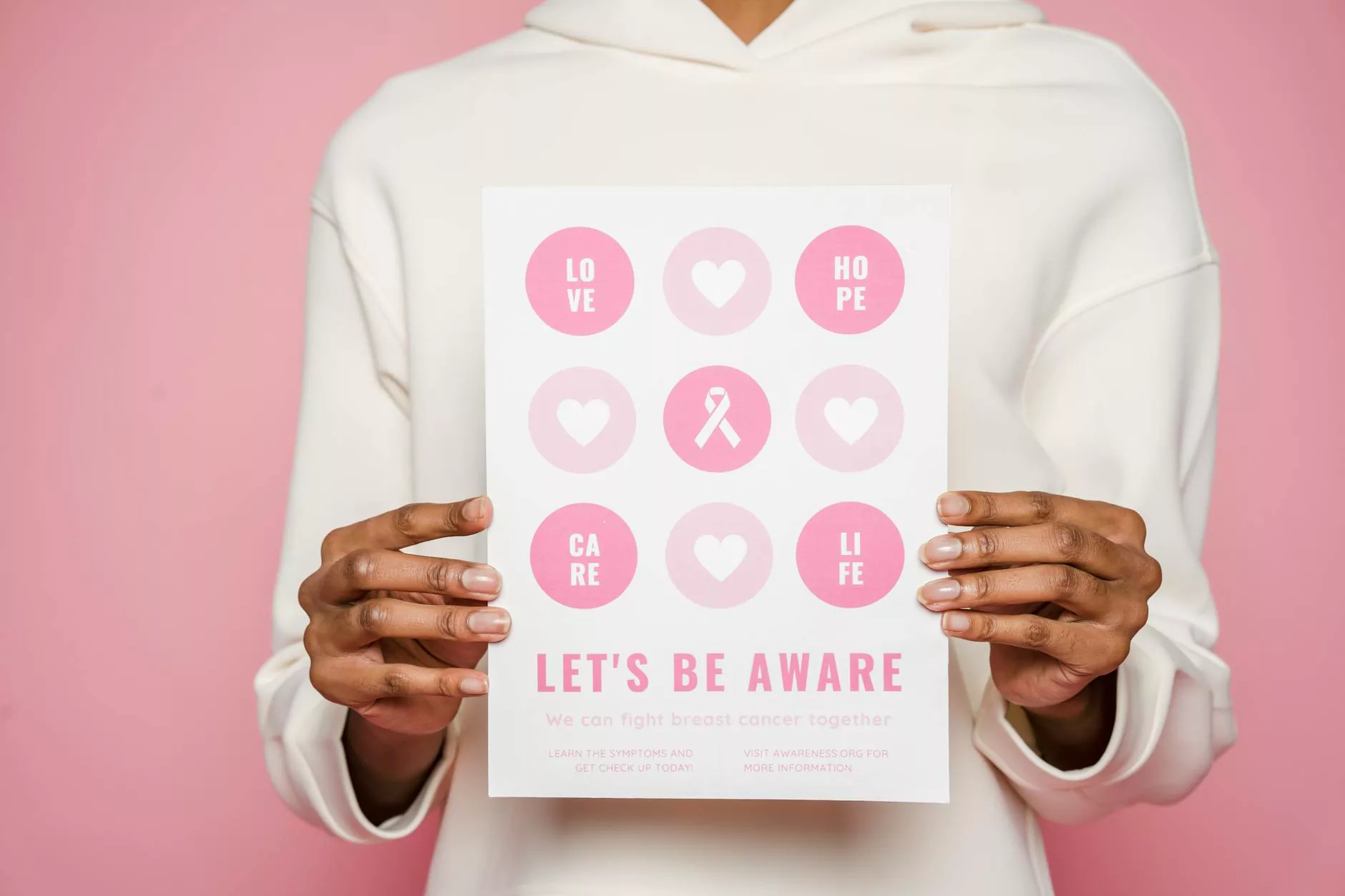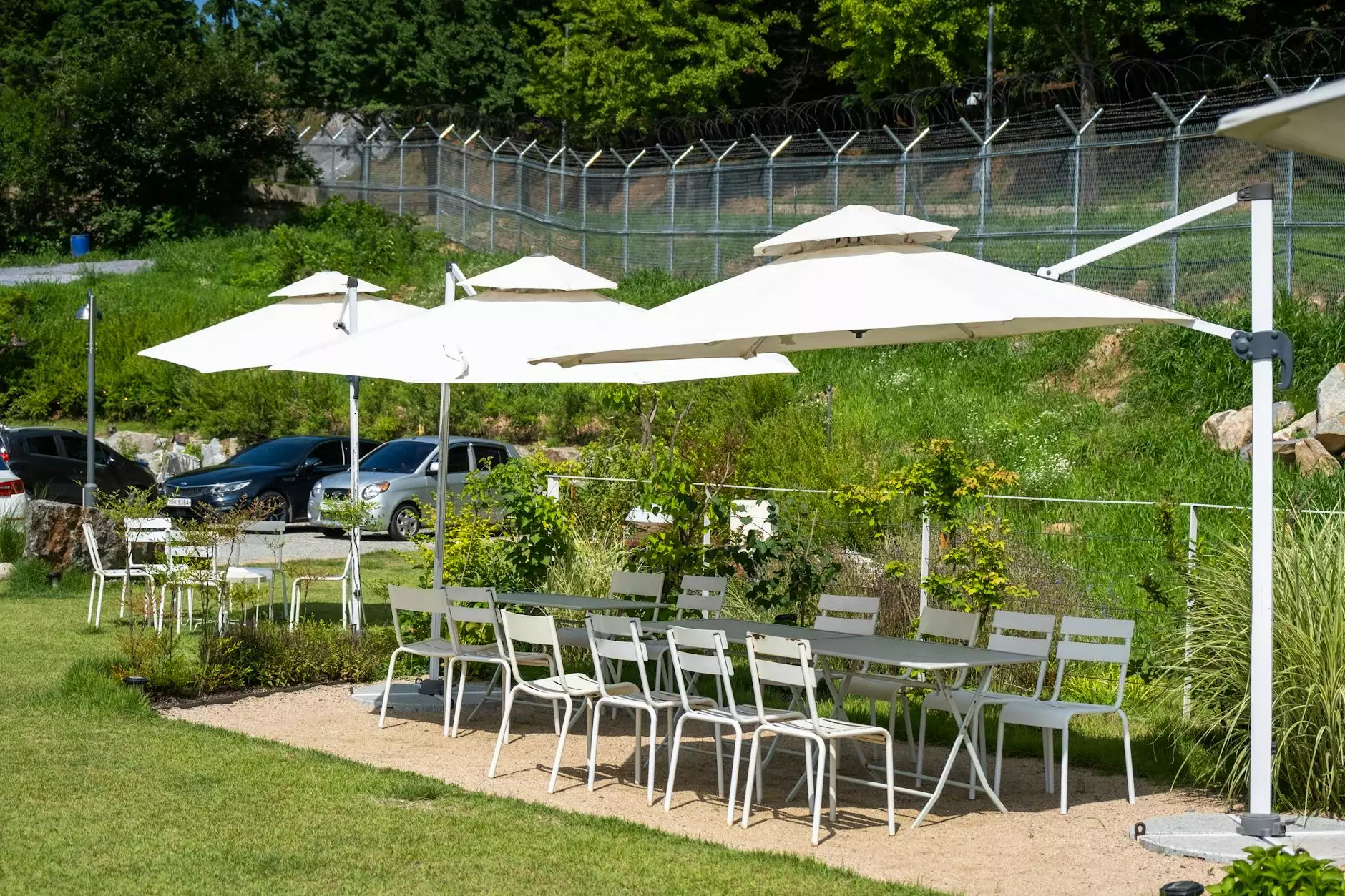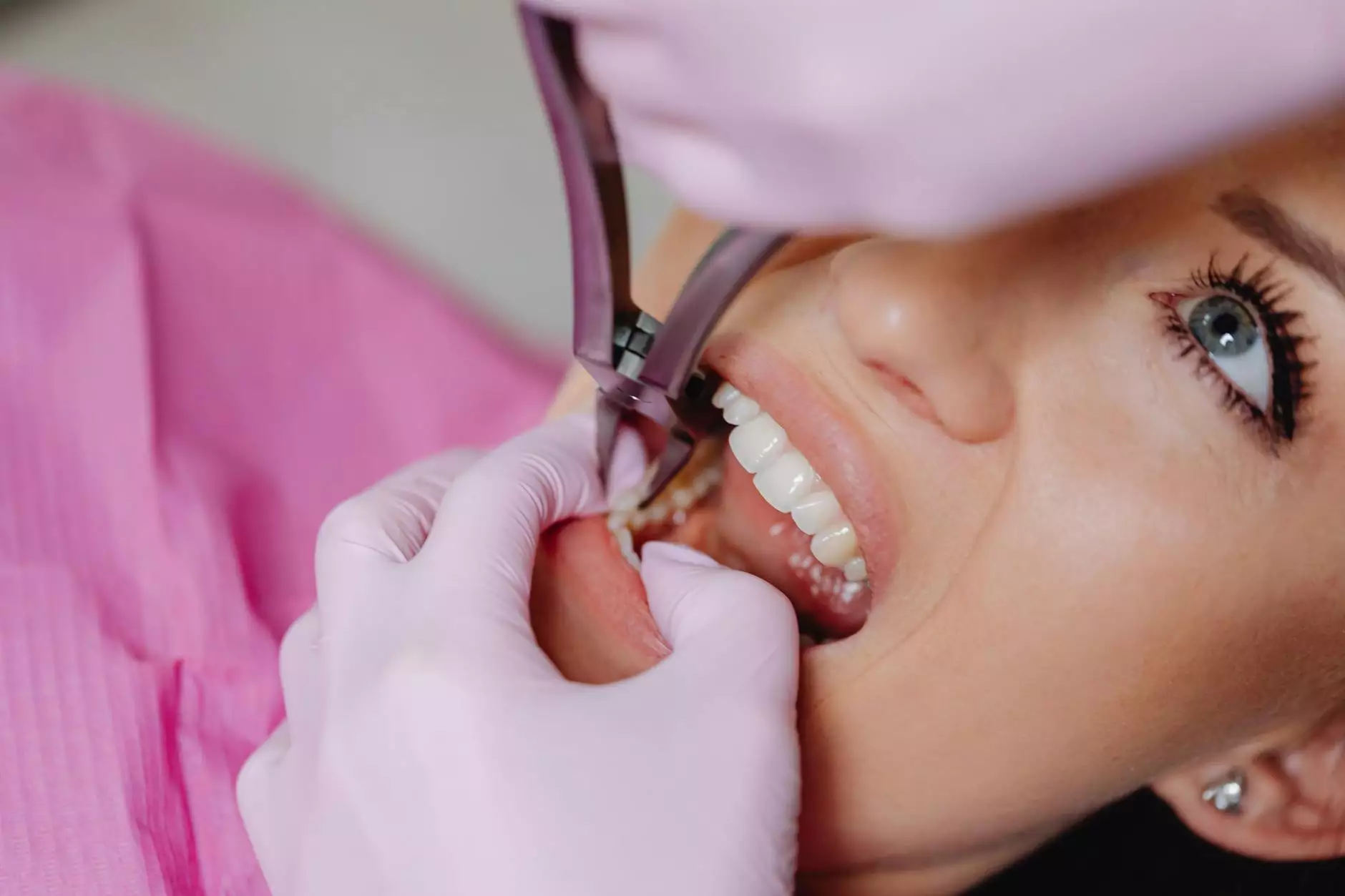The Comprehensive Guide to Varicose Veins Treatment: Discovering the Best Practices at a Vein Varicose Clinic

Varicose veins are more than just a cosmetic concern; they can cause significant discomfort and lead to more serious health issues. Understanding the ins and outs of varicose veins treatment can empower patients to seek the right care. This article delves into everything you need to know about these conditions and the specialized care offered at a vein varicose clinic.
Understanding Varicose Veins
Varicose veins occur when veins become enlarged, dilated, and overfilled with blood. They often appear swollen, raised, and bluish-purple or red. While they can affect any vein, they commonly appear in the legs and feet. Various factors contribute to the development of varicose veins, including:
- Genetics: A family history of varicose veins increases the risk.
- Age: Aging leads to the deterioration of vein walls and valves.
- Gender: Women are more likely to develop varicose veins due to hormonal changes.
- Obesity: Excess weight puts additional pressure on your veins.
- Occupations: Jobs that require long periods of standing can hinder blood circulation.
Recognizing the Symptoms
The primary symptoms of varicose veins can range from mild to severe and may include:
- Visible Veins: Bulging, twisted veins under the skin.
- Pain: A feeling of heaviness or aching in the legs.
- Swelling: Swelling in the lower legs, especially after long periods of standing.
- Skin Changes: Discoloration or sores near the affected veins.
Importance of Seeking Professional Help
While some may disregard the symptoms as purely cosmetic, seeking treatment at a vein varicose clinic is essential. Ignoring varicose veins can lead to complications such as:
- Ulcers: Sores near the affected area.
- Blood Clots: Potentially serious clots that can occur in the veins.
- Bleeding: Varicose veins can sometimes bleed if they get injured.
Overview of Treatments Available at a Vein Varicose Clinic
At a specialized vein varicose clinic, patients have access to a wide range of treatments tailored to their specific conditions. Here are some of the most common treatment options:
1. Lifestyle Changes
For mild cases, lifestyle modifications can significantly alleviate symptoms. These include:
- Weight Management: Achieving and maintaining a healthy weight can relieve pressure on the veins.
- Regular Exercise: Activities like walking can improve blood circulation.
- Leg Elevation: Elevating the legs can decrease swelling and promote better blood flow.
2. Compression Therapy
Wearing compression stockings can help prevent the progression of varicose veins. These specialized garments apply pressure to the legs, reducing swelling and discomfort.
3. Sclerotherapy
This non-surgical treatment involves injecting a solution directly into the varicose veins, causing them to collapse and fade from view. It is most effective for small to medium-sized veins.
4. Laser Treatments
Laser therapy uses focused light to target and close off varicose veins without needles or incisions. This method is minimally invasive and requires little recovery time.
5. Endovenous Laser Treatment (EVLT)
During EVLT, a laser fiber is inserted into the vein using a catheter. The laser energy causes the vein to collapse and seal shut, effectively reducing varicose veins.
6. Surgical Options
If varicose veins are severe, surgical options may be recommended. These include:
- Vein Stripping: A surgical procedure that removes the affected vein.
- Ambulatory Phlebectomy: Small incisions are made to remove varicose veins just beneath the skin's surface.
Choosing the Right Vein Varicose Clinic
When seeking treatment for varicose veins, it is crucial to choose a reputable vein varicose clinic. Here are some factors to consider:
- Expertise: Look for clinics with board-certified vascular specialists.
- Treatment Options: Ensure the clinic offers a comprehensive range of treatment methods.
- Patient Reviews: Research testimonials from previous patients to gauge satisfaction.
- Technology: Clinics that invest in the latest technology typically provide higher quality care.
The Role of the Vascular Specialist
A vascular specialist is a physician specifically trained in the diagnosis and treatment of conditions affecting the vascular system, including varicose veins. Their expertise is vital in selecting the appropriate treatment plan tailored to each patient's needs. At trufflesveinspecialists.com, patients can expect a thorough assessment, detailed guidance, and supportive care throughout their treatment journey.
Post-Treatment Care and Recovery
Post-treatment care is critical for optimal recovery and can include:
- Following Medical Advice: Adhering to prescribed post-operative guidelines to promote healing.
- Wearing Compression Stockings: Continuing to wear stockings as recommended to minimize swelling.
- Regular Check-ups: Attending follow-up appointments to monitor healing progress.
Conclusion
Varicose veins can significantly impact one’s quality of life, but specialized care from a vein varicose clinic can transform the experience. With a wide array of treatment options available, individuals can reclaim their comfort and confidence. Knowledge is power, and understanding your options can help you on the path to healthier veins. For more information and personalized advice, visit trufflesveinspecialists.com.









